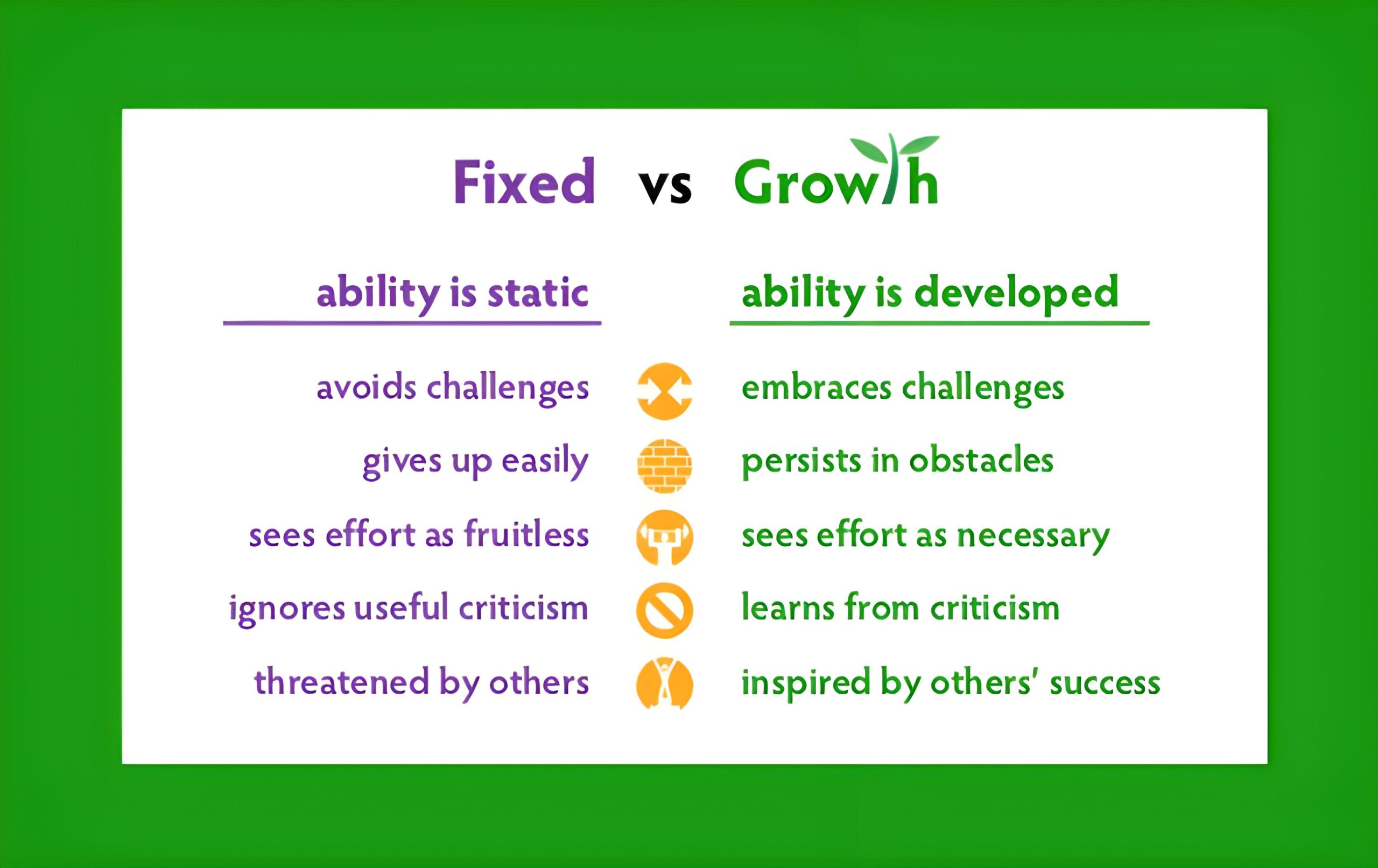
It’s unfortunate that many individuals endure prolonged periods of low energy and suboptimal health, significantly impacting their overall enjoyment of life.
Despite attempting various remedies such as trendy diets, naturopathic treatments, massages, supplements, and superfoods, the desired results often remain elusive. The truth is, the key to vibrant health isn’t found in a supplement, superfood, or exercise fad, but rather in our daily habits.
Some people cultivate habits that promote well-being, while others inadvertently engage in behaviors that detract from their overall health.
Reflecting on your habits can provide insight into which category you fall into. If you’re seeking greater happiness and improved health, perhaps it’s time to shift your focus to the seemingly insignificant habits that shape your daily life. It’s these small changes that have the potential to yield profound benefits, transforming your overall level of happiness and well-being.
Are you feeling inspired to upgrade, refresh, or enhance your life?
Let’s look at a few of the most common habits and how we can work to improve ourselves, and thus our health.
Nutritional habits –
First your food shopping habits. Purchasing the right foods is mandatory towards good mental and physical health. Your food habits impact every single element of your life – your risk for disease, your energy levels, your weight and self-confidence all get a boost with the right foods but take a real hit when you choose the wrong ones.
YOU CAN BUILD HEALTHY HABITS THAT STICK – Developing conscious eating habits.
Simple things like slowing down to eat and doing your own shopping and cooking.
If you find you automatically start eating your food fast without much thought, put your fork down in between bites to slow down the process. Other important small habits that will help with conscious eating is to sit rather than stand when enjoying your meal and to avoid any distractions during meals (don’t be reading, watching TV, looking at your cell phone, talking to your pets, or working on a computer). This allows you to focus on your food.
When you do this, you will even notice the taste and texture of the food you eat,and you will be much more aware of the amount of food eaten as well. However, be aware, the minute you remove your attention from the food you are eating, is the moment you reduce the psychologically satiety that comes with eating. That automatically puts you in danger of over-eating, which results in excess calories and weight gain.

